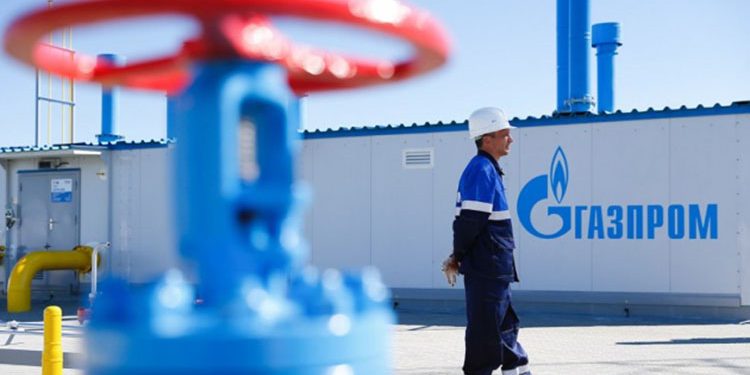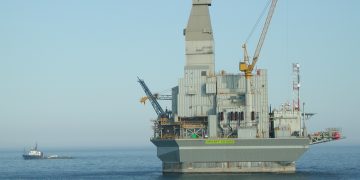Rystad Energy: G7 Reject Ruble Denominated Gas Payments
Germany starts to roll out its gas emergency planning and despite the challenges storage volumes up marginally in Europe.
Here is Rystad Energy’s daily gas and LNG market note from senior analyst Vinicius Romano:
The brief relief provided by the expectation that Russia will scale back military operations in Kyiv was erased today following a statement from Kremlin’s spokesman Dmitry Peskov that there was no breakthrough in yesterday’s talk with Ukraine.
Actions are impacting prices more than words and if the war in Ukraine does not de-escalate the bullish sentiment remains with expectations of further sanctions on Russia.
The Kremlin confirmed today that Russia does not expect gas payments in rubles immediately, but it is expected that an initial proposal regarding payments from Russia to European importers will come by tomorrow.
Germany and the wider G7 have signaled that gas supply agreements cannot be unilaterally modified.
Should renegotiations start at the insistence of Russia, it is likely that importers will be offered value elsewhere in their deals with Russia in return for the change to rubel payments.
The challenge to put this in practice is that each buyer may have different conditions, while some may not even be willing to alter contractual terms.
This suggests that negotiations might take some time, which means there is still no abrupt deadline for the payment to switch to rubles.
Germany announced today that the country started the “early warning” phase of a gas emergency planning in order to ration gas consumption and manage risks for a unilateral halt in Russian supplies. This plan effectively puts the industrial sector first in line for gas supply cuts – which may have repercussions on Germany’s export-oriented economy, in an extreme scenario leading to substantial demand reduction and a potentially unfavorable end to the bullish sentiment driving prices over the past several months.
TTF prices remain skewed to bullish between 110 and 120 EUR/MWh as uncertainties take hold of the market.
On the fundamentals side, gas imports from Russia and Norway remained stable with a total decrease of 3 MMcmd (-0.5% day on day).
German wind generation had a sharp increase, dropping electric energy prices more than 20%. However, there is some upside to French power demand, as temperature have been revised lower for the following days.
In a rare bit of good news for the market, March appears to be a month of very minimal but very real net injections into storage, meaning the shoulder season is here at last.







